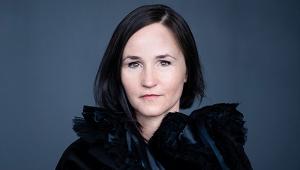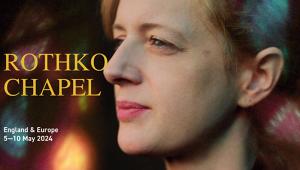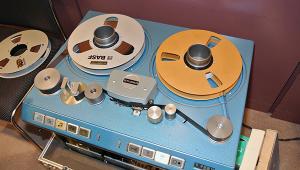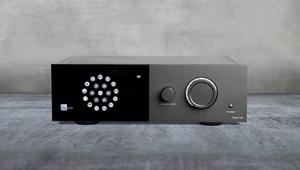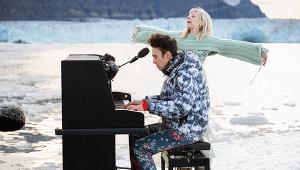Death of the orchestra?
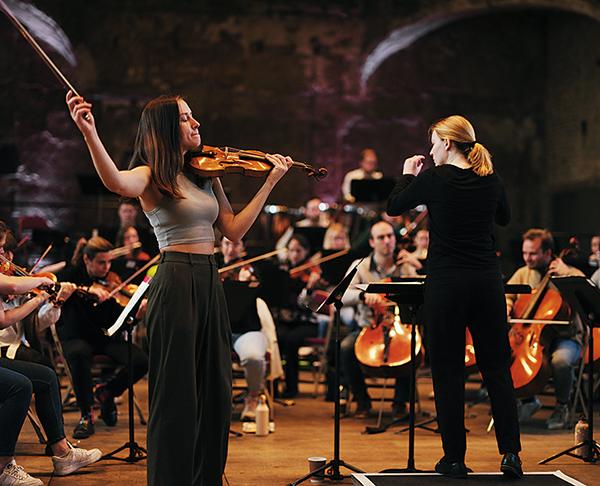
There is no question that traditional symphony orchestras are finding life tough, especially in a post-Covid world. Audiences are down, funding is down, rehearsal time cut to the bone. The fight is not so much for relevance as prominence. In London, I regularly attend concerts which would have packed out the Barbican or the Royal Festival Hall a decade ago. Now they close the balcony so that the rest of the venue paints a rosier picture.
If you look through new-release lists, the picture is complicated by the fragmentation of what used to be a defined scene. It’s like trying to make sense of a Mondrian when your eye is trained to look at Rembrandt.
Prestige players
When international-standard orchestras make recordings, especially of standard repertoire, they do so mostly through their own labels. If they’re released on digital-only formats, you might not even be aware of them. In any case, such recordings are not made to generate income (far from it) but to maintain prestige and prominence. And the market is saturated. It’s true that each generation both hears and plays (for instance) Beethoven through new ears. A new symphony cycle will always have something fresh to say, at least in theory. But the concept of the ‘need’ for X orchestra to record the symphonies with Y conductor is long past.
Orchestras, like all corporate bodies, also require continual infusions of fresh blood. Otherwise they become decrepit. Here again is a sense of disconnection between old ways and new musicians. Many forward-thinking conservatoires teach mandatory courses on self-marketing, recording technique and website design. But some don’t, and leave students to fend for themselves. I recently talked to the head of an organisation that oversees the standard of music competitions in Europe. He explained how often he came across young musicians for whom email is now a hopelessly foreign and antiquated mode of communication. They will answer messages on Instagram and Discord, sure; but promoters will send them an email, and then what?
The new breed
However, the picture is never so bleak if you look more closely. The Aurora Orchestra fills halls in the UK and abroad with innovative appeals to the audience, such as playing the music from memory and live introductions to the music on stage. In October I attended the launch of Chromatica, a new ensemble of young professional musicians which works with London schools, as well as giving concerts in both traditional halls and more ‘out-of-the-box’ venues.
Chromatica was founded by Peter Manning, a former concertmaster of the Royal Opera who was also mentored by Yehudi Menuhin. The Bath Festival Orchestra, established by Menuhin in the 1960s, was a successor to ensembles such as the Boyd Neel Orchestra of the 1930s/’40s, and a forerunner of today’s ‘project orchestras’ such as Aurora. There is an agility to the scheduling and programming of Chromatica’s concerts which can’t be emulated by traditional symphony orchestras.
Outside the UK, the Chamber Orchestra of Europe created a template for success that was followed by the Mahler Chamber Orchestra. Now the Swiss Orchestra, founded by conductor Lena-Lisa Wüstendörfer, draws on orchestral talent from across the country and transcends the boundaries of language and culture which tend to divide Switzerland into its French-, German- and Italian-speaking regions.
Most of these ‘project’ ensembles make barely a ripple on the recording scene – though perhaps the most commercially successful UK-based orchestra just now is the Sinfonia of London, founded by John Wilson and recording for Chandos as a revival of the ensemble which made best-selling albums for EMI in the ’60s. The Swiss Orchestra has made an illuminating survey of native composers on the Prospero label. Can traditional venues adapt to match this artistic agility? That’s another question...





